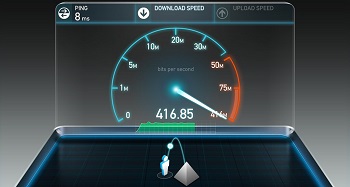2025 Predictions with Blair Levin - Episode 631 of the Community Broadband Bits Podcast

In this episode of the podcast, Chris speaks again with Blair Levin, former Director of the National Broadband Plan and current Equity Analyst at New Street Research. Together, they dive into the major issues shaping the year ahead for broadband and telecommunications.
Levin shares insights on the evolving landscape of network ownership, media regulations, and market dynamics, while addressing pressing topics like the expiration of the Affordable Connectivity Program and its impact on affordability. The discussion also touches on the BEAD program, fixed and wireless broadband competition, and the influence of geopolitical and economic policies on deployment efforts.
Levin critiques the Federal Communications Commission's priorities under Brendan Carr's leadership, predicts significant shifts in media ownership and content distribution, and examines the role of satellite Internet and emerging technologies. This forward-looking conversation also highlights the importance of reliable data and competitive intensity in shaping the broadband future.
Tune in for an engaging discussion filled with expert predictions, political analysis, and reflections on the broader implications of broadband policy decisions.
This show is 45 minutes long and can be played on this page or via Apple Podcasts or the tool of your choice using this feed.
Transcript below.
We want your feedback and suggestions for the show-please e-mail us or leave a comment below.
Listen to other episodes or view all episodes in our index. See other podcasts from the Institute for Local Self-Reliance.
Thanks to Arne Huseby for the music. The song is Warm Duck Shuffle and is licensed under a Creative Commons Attribution (3.0) license



